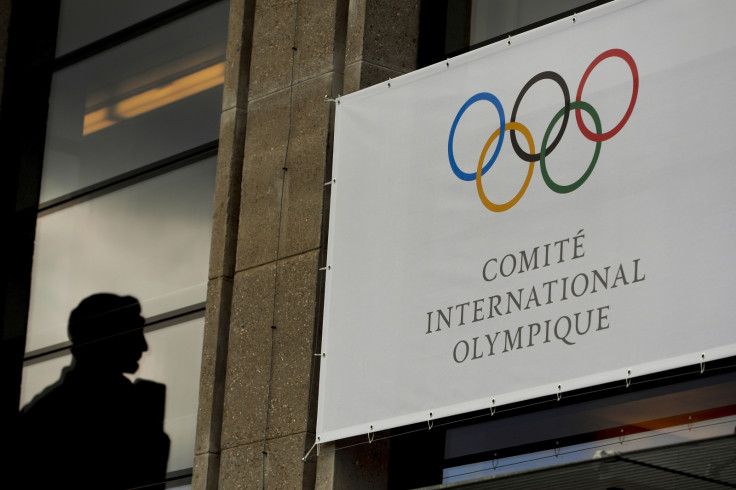International Olympic Committee opt against blanket ban on Russian athletes at Rio 2016
KEY POINTS
- Governing body to allow individual federations to decide whether Russians can compete.
- Any athletes previously sanctioned for doping are unable to enter.
- Whistle blower Yuliya Stepanova sees bid to compete as a neutral rejected.
- Rio 2016 begins on 5 August.
The International Olympic Committee [IOC] has decided not to impose a blanket ban on all Russian athletes at the 2016 Olympic Games in Rio De Janeiro following the country's doping scandal.
The governing body will instead allow individual sporting federations to decide whether Russians can compete this summer.
Any Russian athlete wishing to compete in Rio must now meet newly formed criteria proving they are clean and "provide evidence to the full satisfaction of his or her International Federation (IF)."
The IOC states the "presumption of innocence" can no longer be applied with the new criteria stating "the absence of a positive national anti-doping test cannot be considered sufficient by the IFs [International Federations]."
International Federations must also "carry out an individual analysis of each athlete's anti-doping record, taking into account only reliable adequate international tests, and the specificities of the athlete's sport and its rules, in order to ensure a level playing field."
The 28 federations have just 12 days to carry out tests, however, with the Games commencing on 5 August.
Russia are also unable to enter any athlete who has previously been sanctioned for doping, while anyone implicated by name in last week's McLaren report is also barred from entry.
Yuliya Stepanova, the 800m runner who blew the whistle on the doping scandal, has also seen her bid to enter the Games as a neutral athlete rejected by the IOC.

"This is not about expectations. This is about doing justice to our clean athletes all over the world," president of the IOC Thomas Bach said on a conference call Sunday. "In this way, we protect these clean athletes because of the high criteria we set for all the Russian athletes. This may not please everybody on either side, but still the result today is one which is respecting the rules of justice and which is respecting the right of all the clean athletes all over the world."
Russian sport has been engulfed in crisis with calls for an all-encompassing ban growing louder following the publication of the McLaren report, a World Anti-Doping Agency-led investigation which supported claims of widespread "state-sponsored doping".
Track and field athletes have already been barred from competing by the International Association of Athletics Federations (IAAF), a ban initially handed down in November 2015.
The Court of Arbitration for Sport (CAS) confirmed on Thursday (21 July) they had rejected appeals against the ban of 68 Russian track and field athletes.
The IOC have immediately come under fire for their decision, with the United States Anti-Doping Agency condemning the move not to take stronger action.
A statement from USADA CEO Travis Tygart said: "Many, including clean athletes and whistleblowers, have demonstrated courage and strength in confirming a culture of state-sponsored doping and corruption with Russia.
"Disappointingly, however, in response to the most important moment for clean athletes and the integrity of the Olympic Games, the IOC has refused to take decisive leadership. The decision regarding Russian participation and the confusing mess left in its wake is a significant blow to the rights of clean athletes."
Russian Sports Minister Vitaly Mutko described the decision as "objective" but "very tough"
© Copyright IBTimes 2024. All rights reserved.






